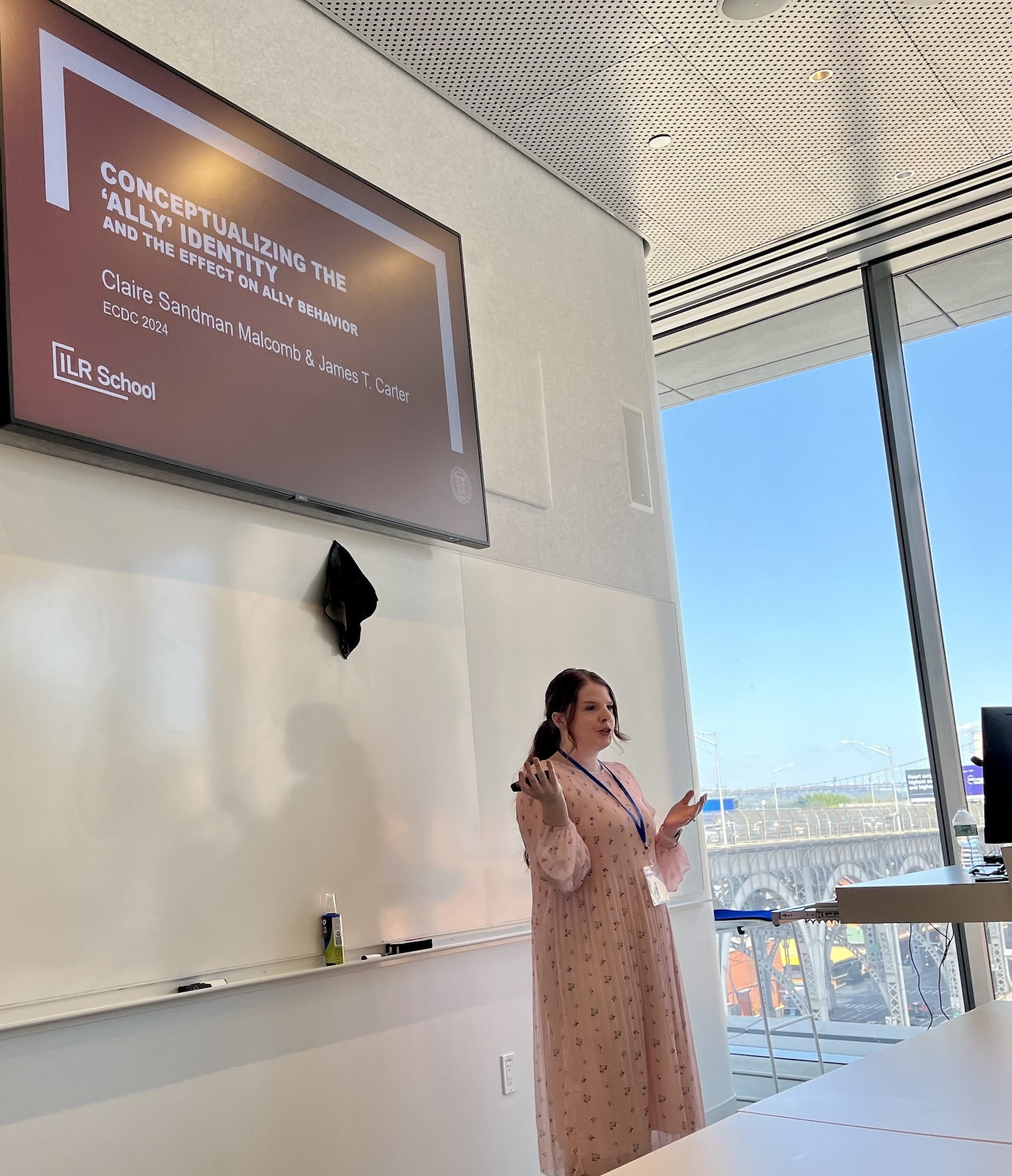
Teaching Philosophy
In my teaching and mentoring I aim to foster a sense of community and shared purpose where students can challenge their own perspectives, engage with new and opposing ideas, critically evaluate current organizational problems, develop innovative solutions, and curate tools that transform research into action as they become the next generation of inclusive leaders.
I believe my role as a teacher and mentor is not to give students all the answers, but to teach students how to understand the question and discover the answers themselves. I prioritize developing students’ ability to question assumptions, evaluate evidence, and develop reasoned arguments. By fostering an environment that challenges students to think critically, I equip them with the tools to approach issues from multiple perspectives, make informed decisions, and solve problems autonomously. Through active discussions, problem-solving activities, and cases that evaluate real-world examples, I build up students’ confidence in their ability to navigate complex issues beyond the classroom and prepare students to be effective leaders in organizations.
Developed Course: Foundations of Diversity Dynamics
I created this course as part of the new ILR undergraduate core curriculum.
The purpose of this course is to introduce students to key concepts related to diversity, equity, and inclusion. The course consists of two broad themes: 1) how social identities relate to key psycho-social processes such as social cognition, power and privilege, and stereotyping and bias and 2) understanding key diversity ideologies and the implications for effective initiatives & programs in organizations and society more broadly.
What Students are Saying
Other Courses Taught:
Negotiations
Leading Teams
Women in Leadership
Invited Guest Lectures:
“Diversity and Leadership at Work”
Course: Introduction to Organizational Behavior (Masters, ILR)
“From Prejudice Reduction to Critical Allyship”
Course: Psychology of Prejudice and Stereotyping (undergraduate)
“Perception and Bias”
Course: Introduction to Organizational Behavior (undergraduate)
“Issues, Positions, and Interests – the Texoil Case”
Course: Negotiation Essentials (MBA)
“Gender and Negotiations”
Course: Managerial Negotiations (Masters, ILR)
Course: Negotiations & Conflict Resolutions (Undergraduate)